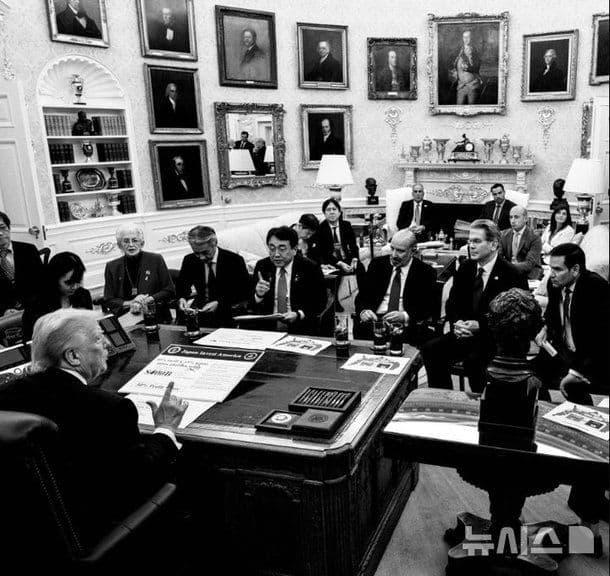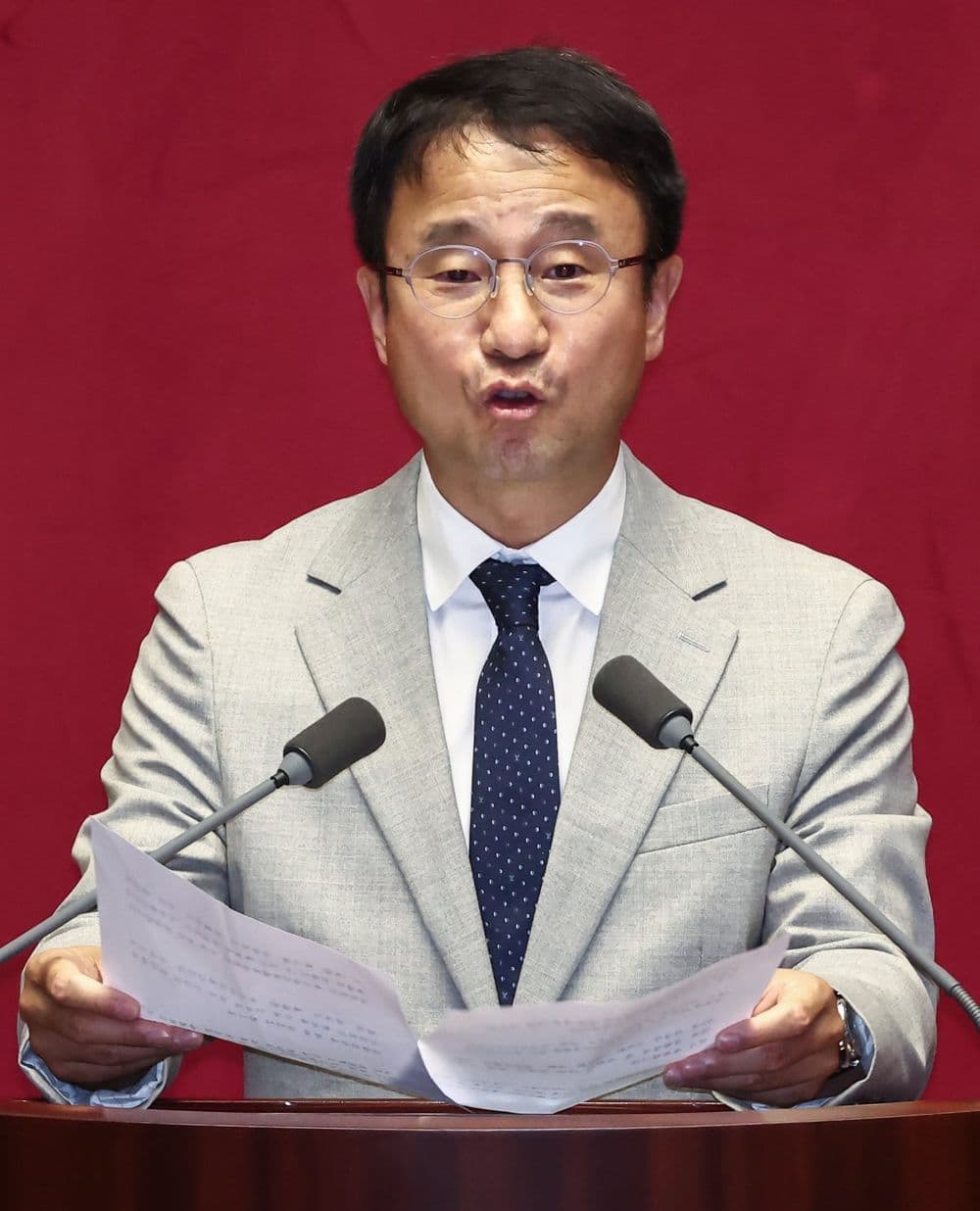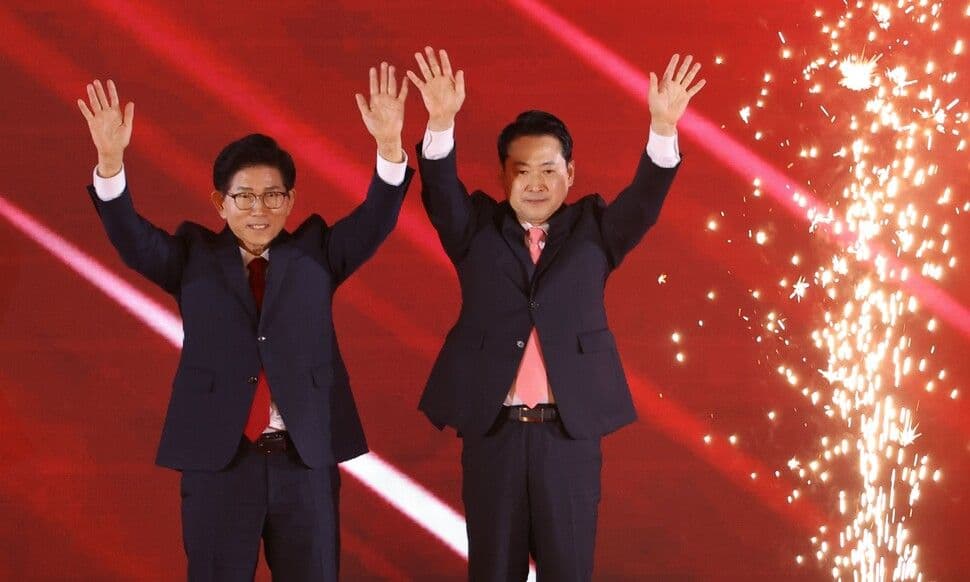US-Japan Tariff Deal: Hype Meets Hiccups in 2025

The Dramatic Announcement: A Deal That Shook Markets
Hey everyone, picture this: it's July 22, 2025, and President Donald Trump beams from the White House, announcing a blockbuster trade deal with Japan. Tariffs on Japanese imports drop from a scary 25% to a more manageable 15%, saving Japan's auto giants like Toyota and Honda from potential disaster. Wow, right? Japan's exports to the US, especially cars that make up 30% of their sales there, get a lifeline. But hold on – just days later, whispers of confusion start swirling. Japanese negotiator Ryosei Akazawa returns home, insisting the reciprocal tariffs kick in August 1, yet the US fact sheet skips any start date. Fast forward to October, and while implementation seems smoother with a signed MOU, experts still scratch their heads over these loose ends. Have you felt that post-deal buzz in global news feeds?
From recent reports, like those in the Japan Times and Kyodo News, the deal's hailed as a win against Trump's aggressive trade playbook, but small print issues linger, echoing earlier WSJ concerns about higher costs for US consumers.
Clashing Voices: What Did They Really Agree On?

Okay, let's dive into the drama – statements from both sides just don't line up! US Treasury Secretary Scott Bessent tells Fox News in late July that they'll review Japan's compliance quarterly, threatening to hike tariffs back to 25% if things slip. But Akazawa fires back, saying he never discussed this with Trump or any US ministers. Shocking, isn't it? As of early October, Akazawa defends the pact at a press club, calling Trump a tough but fair negotiator, yet Bloomberg notes ongoing monitoring talks. On autos, Akazawa pushes for quick 15% rollout, but a government insider hints it'll lag behind general tariffs. Yomiuri Shimbun warns this mismatch could spark fresh tensions in the strong US-Japan alliance, forged post-WWII for security and economy. Imagine the boardrooms at Nissan – they're slashing prices to hold market share amid uncertainty. Korean media like Yonhap and News1 highlight parallels to our own deals, with netizens debating if Japan's getting a raw deal too.
The $550 Billion Mystery: Investment or Illusion?
Now, the real head-scratcher: that whopping $550 billion Japan pledges to invest in the US. Trump calls it seed money for American projects in energy, chips, and ships, with the US grabbing 90% of profits – sounds like a jackpot! But Japanese officials clarify it's mostly loans and guarantees from their development bank, with actual cash outlay just 1-2%. Akazawa reiterates in September interviews that it's not pure spending, and Reuters reports a new facility to handle it without full commitment. By October 9, both sides confirm smooth progress per CSIS analysis, but Hankyoreh points out the lack of a joint document fuels misreads. Culturally, this reflects Japan's cautious diplomacy – think samurai precision in negotiations – versus Trump's bold America First style. In Naver blogs, users cheer the tariff relief (70% positive) but gripe about the 'vague billions' (30% negative, like 'Why foot the bill for US dreams?'), while Tistory posts compare it to Korea's $350B pact, wondering who's really winning.
Waves Worldwide: Reactions and What It Means for You
So, what ripples does this send globally? Japan's auto firms breathe easier, but US buyers might pay more indirectly. In Korean communities on DCInside and FMKorea, reactions split: positives (60%) praise Japan's quick deal as a model for averting worse scenarios, with comments like 'Smart move dodging 25% doom!' Negatives (40%) mock the investment as 'selling out,' fearing similar pressures on Seoul. Overseas fans of J-pop and anime, tied to Japan's soft power, worry about economic hits affecting culture exports. As a young global citizen, doesn't this highlight how trade ties shape your daily life – from car prices to tech gadgets? Recent AFP and AP pieces from early October affirm no major discrepancies now, but vigilance remains key in this evolving saga. What side are you on in this trade thriller?
Discover More

Han Byung-do’s grassroots laws win him the Constitutional Achievement Award
Representative Han Byung-do secured the Constitutional Achievement Award for his prolific grassroots legislation, thorough audit role, and deep community engagement, earning praise across social and blog communities.

Why the ‘Yoon Again’ Rally Cry Signals a Dangerous Backslide
This post explores how the recent People Power Party convention’s embrace of ‘Yoon Again’ reflects a shift toward extreme-right politics, eroding core support in the south, and sparking outrage over a presidential spouse’s silver-mark scandal, as seen through news reports and online community reactions.